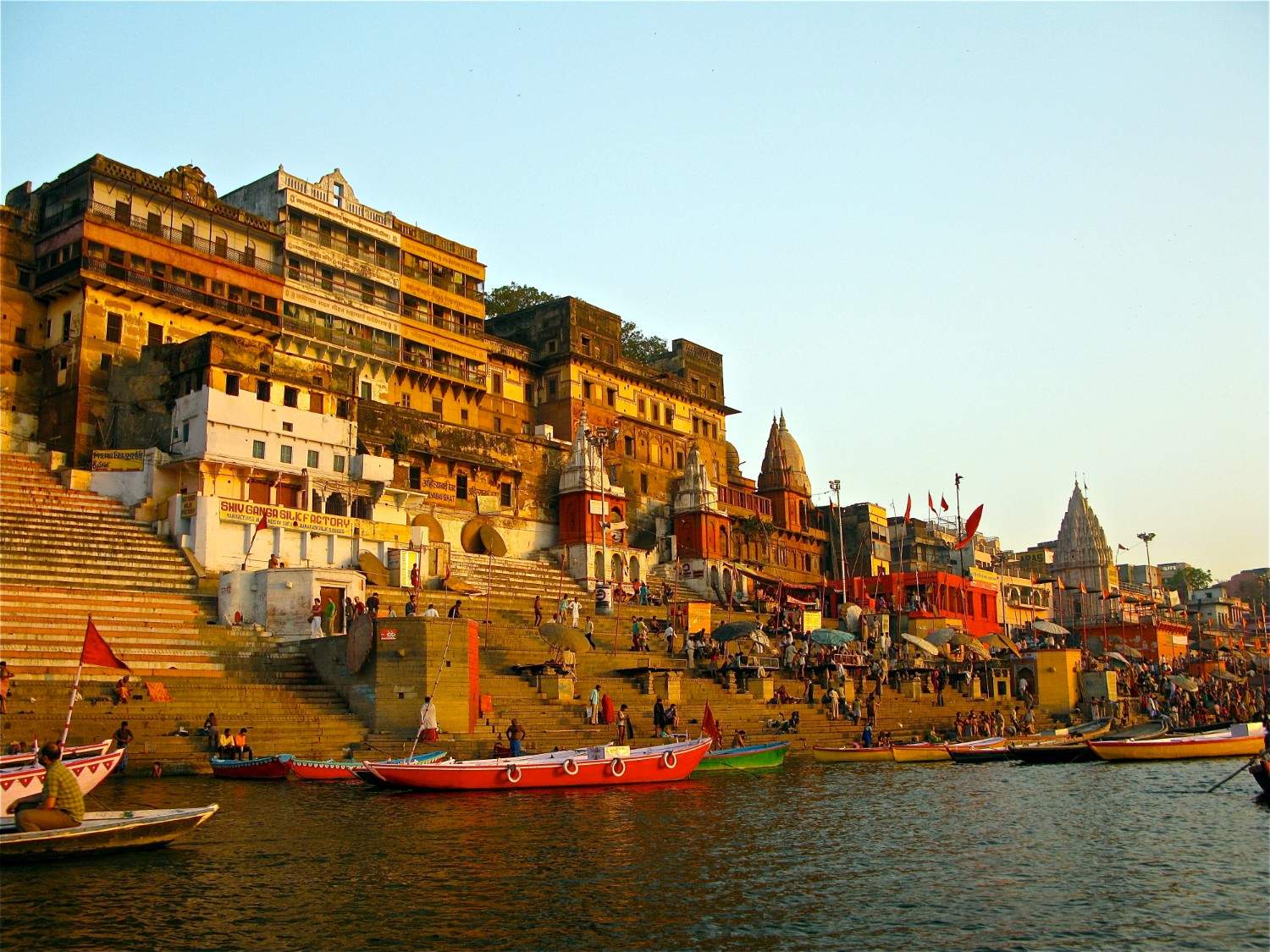Unraveling the Significance and Importance of Kashi in India: A Spiritual Journey

Nestled along the sacred banks of the Ganges River, Kashi, also known as Varanasi, holds a profound significance and importance in the cultural and spiritual fabric of India. Revered as one of the oldest continuously inhabited cities in the world, Kashi serves as a beacon of spirituality, enlightenment, and cultural heritage. Join us as we delve into the significance and importance of Kashi in India, unraveling the layers of its timeless allure and spiritual resonance.
Historical Legacy
Kashi boasts a rich historical legacy that spans millennia, dating back to ancient times. As one of the seven holiest cities in Hinduism, Kashi is steeped in myth, legend, and religious tradition. According to Hindu mythology, Lord Shiva, the deity of destruction and transformation, is believed to reside in Kashi, making it a sacred pilgrimage site for devotees seeking spiritual liberation and enlightenment. Over the centuries, Kashi has served as a center of learning, culture, and artistic expression, attracting scholars, poets, and seekers from far and wide.
Spiritual Significance
For Hindus, Kashi holds a special place as the "City of Light" and the "City of Shiva," symbolizing the eternal cycle of life, death, and rebirth. The city's numerous temples, ashrams, and ghats serve as focal points for religious rituals, ceremonies, and festivals, drawing millions of pilgrims and devotees each year. Bathing in the sacred waters of the Ganges River, performing rituals for ancestors, and attending the mesmerizing Ganga Aarti ceremony are among the sacred practices that enrich the spiritual journey of visitors to Kashi.
Cultural Heritage
Kashi's cultural heritage is as diverse and vibrant as its spiritual significance. The city's narrow lanes, bustling markets, and ancient temples are a testament to its rich architectural, artistic, and culinary traditions. From the iconic Kashi Vishwanath Temple, dedicated to Lord Shiva, to the serene Sarnath Stupa, where Lord Buddha preached his first sermon, Kashi is a treasure trove of historical landmarks and architectural marvels. The city's vibrant culture, music, dance, and festivals reflect the dynamic fusion of traditions and influences that have shaped its identity over the centuries.
Pilgrimage Destination
As one of the holiest cities in Hinduism, Kashi is a revered pilgrimage destination for millions of devotees seeking spiritual purification and enlightenment. The city's sacred ghats, where pilgrims perform rituals and ceremonies, are believed to be gateways to salvation and liberation from the cycle of birth and death. Pilgrims also visit the various temples and shrines scattered across the city, offering prayers and seeking blessings from the divine. The experience of undertaking a pilgrimage to Kashi is considered a transformative journey of self-discovery and spiritual awakening.
Economic Hub
Beyond its spiritual and cultural significance, Kashi also plays a crucial role as an economic hub in the region. The city's bustling markets, trade routes, and industries contribute to its vibrant economy and commercial vitality. From silk weaving and handloom textiles to brassware and religious artifacts, Kashi is renowned for its traditional crafts and artisanal skills. Tourism also plays a significant role in the city's economy, generating employment opportunities and fostering economic growth and development.
Conclusion
In conclusion, the significance and importance of Kashi in India extend far beyond its geographical boundaries. As a symbol of spirituality, culture, and heritage, Kashi continues to inspire and captivate people from all walks of life. Whether you're a pilgrim seeking enlightenment, a traveler exploring India's cultural treasures, or a scholar unraveling the mysteries of the cosmos, Kashi invites you to embark on a journey of self-discovery, spiritual awakening, and cultural immersion unlike any other.
